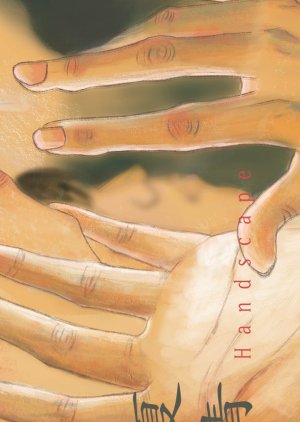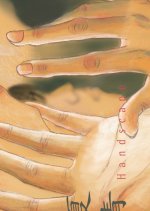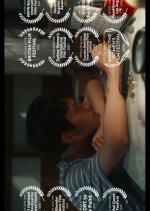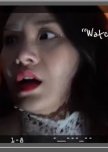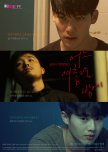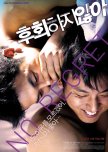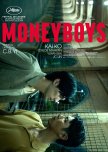Contemporary Shanghai, summer. Xia Qing, a boy who has been wearing hearing aids due to hearing loss, has a deep love for dancing. He gains so much joy just from copying Martha Graham’s hand gestures in a dance magazine. A kid with a precocious nature, he sometimes paints his pinky nail red just for that glimpse of beauty. Yet all these passionate pursuits are misunderstood and questioned by his single, deaf mother. Given the opportunity to audition for his favorite dance company once in a blue moon, he has no choice but to return to his body--He seeks his mother’s approval and longs to overcome this obscure self-identity crisis, through the silent language on his fingertips. (Source: Yiru Chen Vimeo) Edit Translation
- English
- हिन्दी
- Español
- Português (Brasil)
Reviews

A touching portrait of two identities: that of deaf people and that of queer people
The touching story of a 17-year-old boy who must fight against the stereotypes and prejudices of a narrow-minded mother, under the symbol of fingers moving to the beat of music he can't even hear.Xia Qing is different from the others. He is different from the others in that he wears hearing aids due to a hearing loss, that he loves to dance, and that he also likes to paint his pinky finger with red nail polish just for that glimpse of beauty; and, even more different from the others, in that he implicitly reveals a queer identity. But he has the same power to pursue his dreams and is subject to the oppression of a widowed, deaf, and overprotective mother, who feels trapped in the noise, fears, and insecurities of her homophobic prejudices.
Our protagonist, who dreams of auditioning for his favorite dance company, seeks the approval of a mother who associates dancers with homosexuality or "girls only", and yearns to overcome this dark identity crisis through the silent language hidden in his fingers.
The short film, written and directed by Yiru Chen (also known for directing 'Paulo and Ripo' (2019) and 'Pizza, Believe It or Not' (2020), tells a story set in contemporary Shanghai, China, where a boy, instead of fulfilling his mother's wishes to be like other children, study and go to university, wants to dance.
Starring Zhengyu Tang as Xia Qing (a real-life boy with hearing difficulties), 'Handscape' addresses two identities: that of deaf people and that of queer people, that is, it reflects two minority groups at the same time. Likewise, the film is linked to adolescence, social constructs, social mandates, the role of family, education, and more.
Premiered at the 2020 Shanghai Queer Film Festival, where it won the Grand Jury Prize, it was awarded Best Student Short Film at the 2020 Sydney International Women's Film Festival, an award that went to director female Yiru Chen.
The story is told with sensitivity and musical flair, with memorable moments like the scene, beautifully photographed by Huang Yichuan, in which Xia Qing dances alone on the most mundane of Shanghai streets in the middle of the night with no one around—undoubtedly the dream of many.
'Handscape' portrays the triumph of perseverance and dedication in a believable way, with just two characters, very human, not archetypal. The role of her mother is presented with restraint, in the setting of a house where they miss their father, who died at a young age.
I find this short film interesting to analyze because it highlights Xia Qing's to builde their identity, far removed from stereotypes, prejudices, and family mandates.
'Handscape' is a film about the need to be who one wants to be, self-esteem, acceptance, facing and overcoming prejudices, while narrating a process of personal self-affirmation and confronting homophobia and social resistance.
Finally, this is an experimental short film about the inner voice of a human being struggling to connect with their physical self using dance and a universal sign language.

